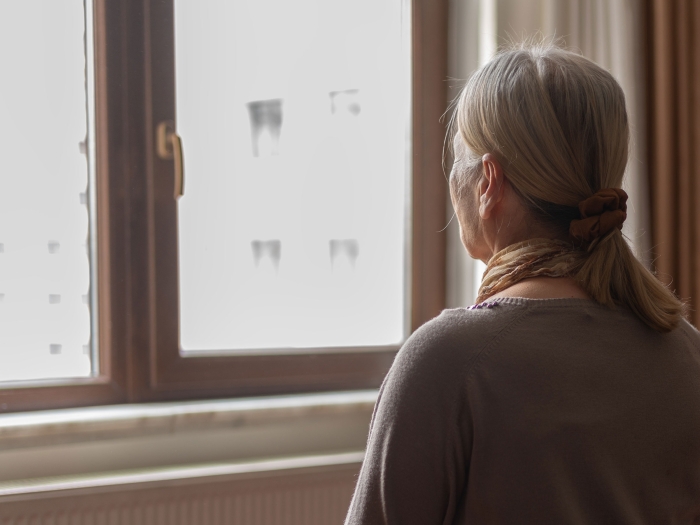Advanced disease accounted for up to half the effect of race on odds for amputation after lower extremity bypass
10:19 AM
Author |

A Michigan Medicine study finds that Black and socioeconomically disadvantaged patients with a common vascular disease have more severe symptoms before bypass surgery – and are at greater risk for amputation and other complications after the procedure.
The analysis zeroed in on more than 7,000 patients with peripheral arterial disease, when the vessels carrying blood from the heart to the legs are blocked by plaque, who underwent lower extremity bypass to improve circulation. The data was available through the Blue Cross Blue Shield of Michigan Cardiovascular Consortium database.
Investigators found that Black and socioeconomically disadvantaged patients had a higher prevalence of chronic limb-threatening ischemia, the most severe form of PAD. As a result, such patients were more likely to require amputation after lower extremity bypass 30 days and up to one year after the procedure than white patients and those who were not socioeconomically disadvantaged, according to results published in Annals of Surgery.
“While we have known that racial and socioeconomic disparities exist for patients with PAD, our study may be the first to show that the severe presentation of these patient populations serves as a mediator to poor outcomes after lower extremity bypass, particularly amputation rates,” said Chloé Powell, M.D., lead author and integrated vascular surgery resident at the University of Michigan Health Frankel Cardiovascular Center. “Health care providers need to recognize the vulnerability of certain subgroups to adverse outcomes and be on alert for early signs and symptoms of PAD to manage patients accordingly.”
SEE ALSO: Cannabis users had worse bypass outcomes, increased amputation and opioid use
PAD affects more than 8.5 million Americans. Some patients develop claudication, a lack of blood flow that causes pain with activity; however, it can progress to chronic limb-threatening ischemia, which impacts more than 10% of PAD patients.
In the study, advanced disease accounted for up to half the effect of race on odds for amputation after lower extremity bypass, which is also known as a revascularization. However, Black patients had increased odds of amputation one year after the procedure in the absence of severe disease presentation, which, researchers say, requires further study.
“The observed disparities in surgical outcomes and advanced presentation are ultimately downstream manifestations of historical and contemporary structural inequities and the policies that drive them,” senior author Peter Henke, M.D., FACS, FAHA, director of the University of Michigan Health Frankel Cardiovascular Center and director of BMC2 Vascular Surgery. “Policy-level interventions are likely to have the greatest impact by addressing upstream factors contributing to disparities, however, identifying vulnerable patients during the clinical encounter with unmet social need could prove beneficial.”
Additional authors include Jeremy Albright, Ph.D., Nicholas H. Osborne, M.D., Matthew A. Corriere, M.D., Devraj Sukul, M.D., Hitinder Gurm, M.D., all of Michigan Medicine, and Jacob Culver, M.S., of Blue Cross Blue Shield of Michigan Cardiovascular Consortium.
This study was supported by the National Institute on Aging. PH and DS receive salary support from Blue Cross Blue Shield of Michigan.
Support for BMC2 is provided by Blue Cross and Blue Shield of Michigan and Blue Care Network as part of the BCBSM Value Partnerships program. Although Blue Cross Blue Shield of Michigan and BMC2 work collaboratively, the opinions, beliefs and viewpoints expressed by the author do not necessarily reflect the opinions, beliefs, and viewpoints of BCBSM or any of its employees.
Paper cited: “Direct and indirect effects of race and socioeconomic deprivation on outcomes following lower extremity bypass,” Annals of Surgery. DOI: 10.1097/SLA.0000000000005857

Explore a variety of health care news & stories by visiting the Health Lab home page for more articles.

Department of Communication at Michigan Medicine
Want top health & research news weekly? Sign up for Health Lab’s newsletters today!





